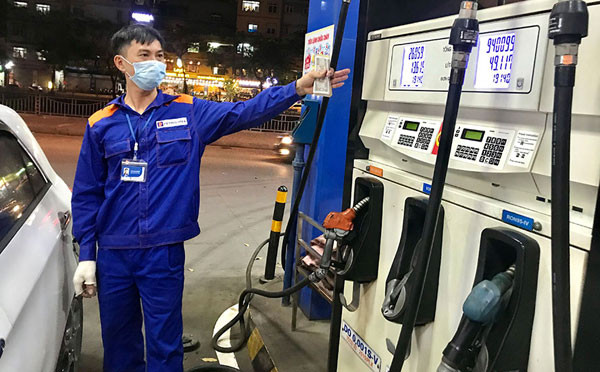
The ministry said since 2017, key fuel trading firms have ensured sufficient supply for the domestic market, even when domestic sources were facing difficulties, and factories had to shut shop earlier this year.
However, the national fuel reserves are still low, estimated at over 370,000 cubic meters on average over the past five years, or nine days of net imports and 6.5 days of consumption.
This year, the domestic gasoline demand is estimated at nearly 21 million cubic meters, with 14.4 million cubic meters being locally-refined products and the balance imported.
Securing a fuel volume matching the regulation to ensure stock for 20-day consumption has at times not been ensured, added the ministry.
When the demand spikes, prices will always rise, and hiccups will happen to fuel distribution, leading to supply chain disruptions.
Moreover, as the State’s selling price excludes the storage cost, businesses have to bear it on their own, resulting in minimizing inventory.
Another challenge is the rush to buy gasoline upon any forecast of increasing fuel prices or unstable domestic or international fuel supply.
As such the ministries of Industry-Trade, and Finance have jointly prepared a plan for submission to the Government to raise the fuel reserves to one month of consumption from now until 2025, four times higher than the current level.
Source: SGT